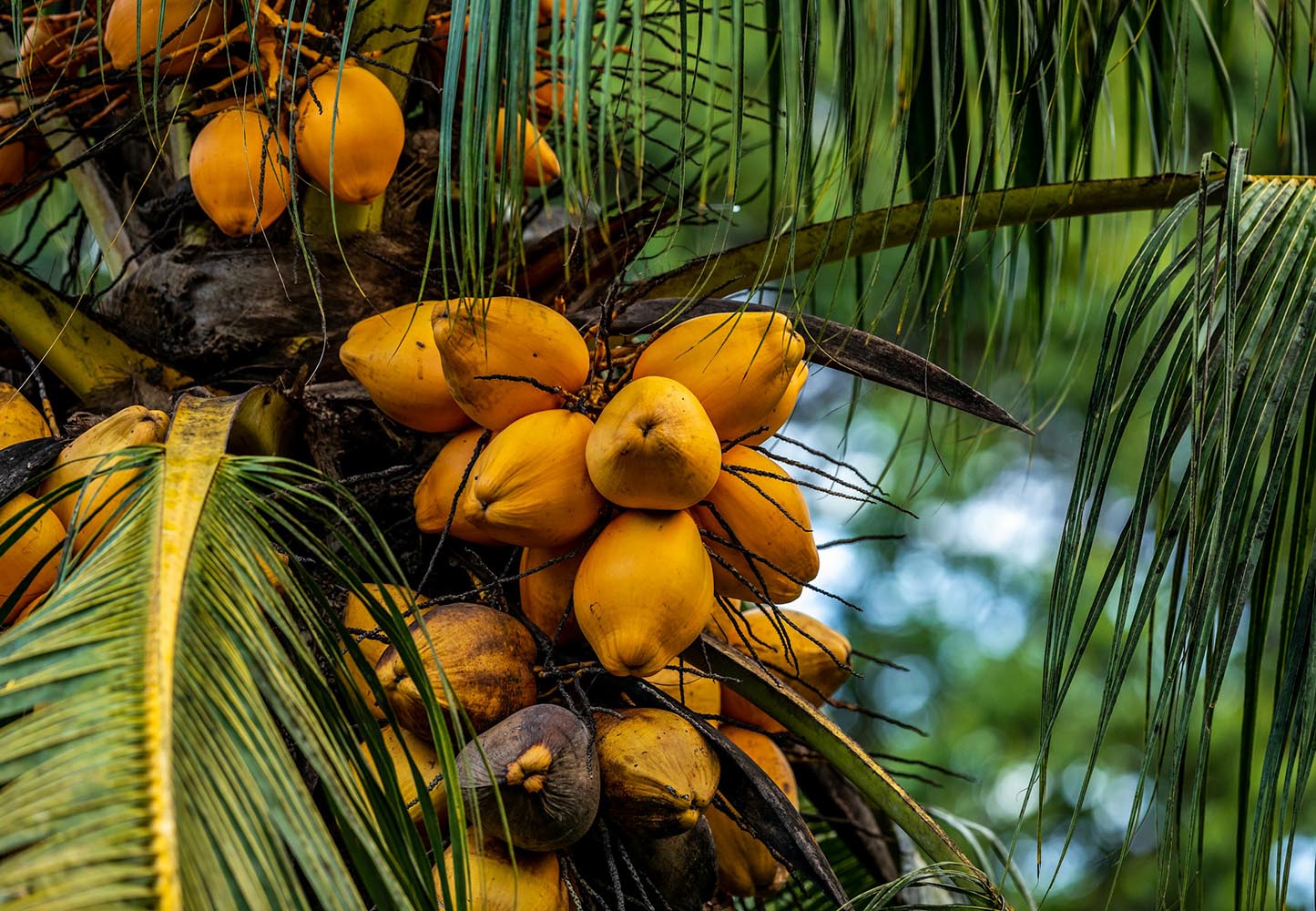
Philippines raises coco methyl ester blend in diesel to 3%
The Philippines is boosting the coconut methyl ester (CME) blend in diesel fuel from 2% to 3%, beginning October 1, 2024. This initiative, led by the Department of Energy (DOE), is part of the country’s broader efforts to reduce reliance on imported fuels and bolster the local biodiesel sector.
Energy Undersecretary Alessandro Sales confirmed that the increase is in compliance with the Biofuels Act of 2006, which mandates that all liquid fuels for engines sold in the country must contain biofuels. Sales emphasised the gradual rollout of this policy and the benefits it would bring to local coconut farmers.
“This program seeks to roll out the gradual increase in biodiesel blend,” Sales said during an interview on Bagong Pilipinas Ngayon. “When we increase the blend, there will be more demand for coconut oil and coconuts. This will directly help our coconut farmers by providing them a market.”
The CME blend in diesel is set to increase incrementally, with further rises planned over the next two years. By October 1, 2025, the blend will increase to 4%, followed by a target of 5% by October 1, 2026.
The move to increase CME in diesel is seen as a direct boost for the country’s coconut farmers, a sector vital to the Philippine economy. The increased demand for coconut oil, a key component in biodiesel production, is expected to benefit thousands of farmers by creating a stable and growing market for their products.
With the Philippines being one of the largest producers of coconuts globally, this initiative is part of the government’s strategy to capitalise on the country’s abundant natural resources while promoting sustainable and renewable energy sources.
The Biofuels Act of 2006 was designed to encourage the development and use of biofuels in the Philippines. The law mandates a gradual increase in the blend of biofuels with traditional fuels to promote cleaner energy alternatives and reduce the country’s dependency on imported petroleum products.
This latest increase in the CME blend is part of a broader plan by the DOE to diversify the country’s energy portfolio, enhance energy security, and support environmental sustainability.













